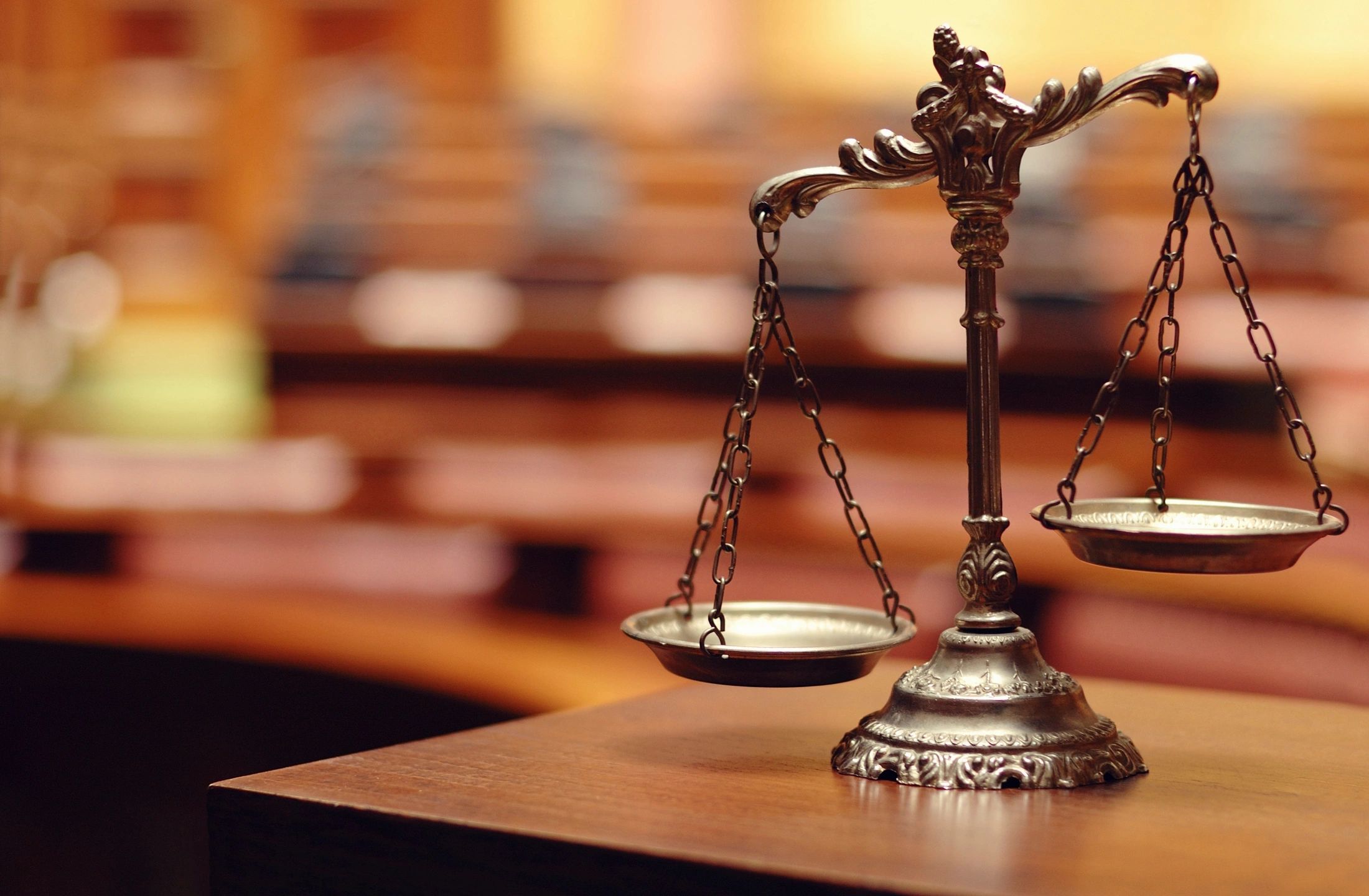Parties to lawsuits have some obligation to preserve or to not destroy evidence. If a party improperly destroys evidence, the other party may seek sanctions for “spoliation” of that evidence. The destruction does not have to be intentional. A court may still issue sanctions for spoliation of evidence that was negligently lost or destroyed. If a court determines the evidence was intentionally or willfully destroyed, it presumes the relevance of the evidence. If it was negligently destroyed, the party seeking sanctions must show relevance. Available sanctions vary, depending on the importance of the evidence, and can range from a jury instruction to dismissing the case.
The issue of spoliation recently arose in a case involving an automobile accident. The plaintiff was involved in two accidents less than three weeks apart. She sued the driver who rear-ended her in the first accident. The defendant accepted liability for the accident, but the parties did not agree on which accident caused the plaintiff’s alleged injuries.
The defendant moved for sanctions against the plaintiff for spoliation of evidence. The defendant argued the plaintiff disposed of her vehicle before his insurance company had a chance to inspect it. He argued the inspection was crucial to determining which accident caused the injuries the plaintiff claimed she had sustained. In seeking sanctions, the defendant had to show the plaintiff had a duty to preserve the vehicle and had a culpable state of mind, and the vehicle was relevant to and supported his defense.
The plaintiff testified her vehicle was examined at a body shop at an insurance company’s request before the second accident. She stated it was not her insurance company that requested the examination. She also said the same shop inspected the damage from both accidents.
The defendant did not provide an affidavit or other evidence that disputed the plaintiff’s testimony. He did not provide any information regarding follow-up investigations by his insurance company regarding the body shop. The court found the defendant did not meet his burden.
The court also found that the testimony, photographs, and police reports were sufficient substitutes for a vehicle inspection. Although the appeals court did not provide a lot of detail supporting its conclusion, it appears the court rejected the defendant’s argument that an inspection of the van was crucial in determining which accident caused the injuries.
Although the plaintiff was not sanctioned, this case shows that defendants may pursue spoliation sanctions in automobile accident cases. Many people do not realize that allowing their vehicle to be destroyed or even repaired could hurt their personal injury case. If you have been seriously injured in an accident, an experienced New York car accident attorney can help you determine how to preserve evidence. Call the Law Offices of Marc S. Albert at 1.855.252.3788 to set up your free consultation. Marc Albert has more than 20 years of experience helping car accident victims.
More Blog Posts:
How soon do I need to notify people about my intention to file a claim for my accident injuries?

